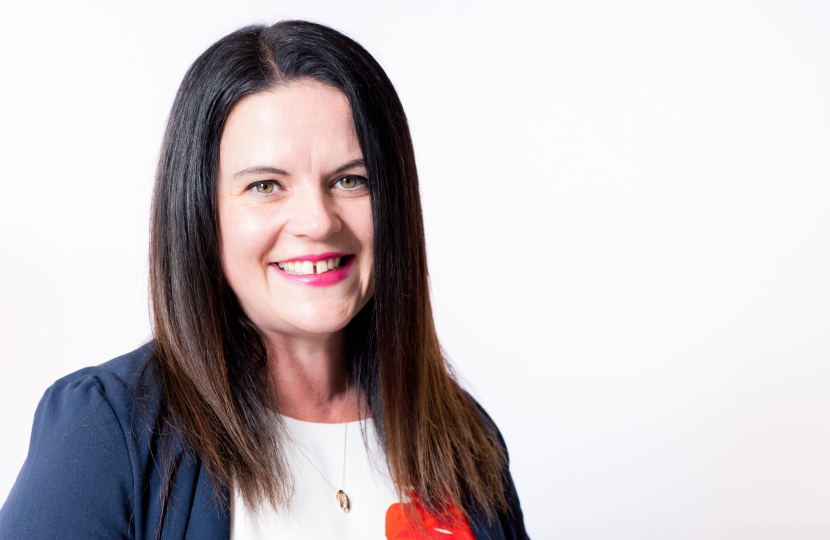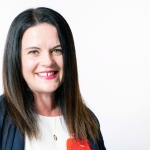
By Councillor Rebecca Hopfensperger, Cabinet Member for Adult Care.
This week Suffolk County Council, alongside Suffolk Family Carers and other partners, will be marking Carers Week and celebrating the hard work and dedication of carers in Suffolk.
Our theme this year is 'Working together to ensure family carers are visible, valued, supported and connected'. There are an estimated 98,000 carers across Suffolk who provide unpaid care for their loved ones. In the UK, according to research from Carers UK conducted in 2020, this figure rises to 13.6 million. Their contribution is believed to have saved the country somewhere in the region of £193billion during the Covid-19 pandemic alone – during a time when many have faced unprecedented pressure, taking on new caring responsibilities for some of the most vulnerable in our society.
That is why, this Carers Week, we are highlighting the challenges faced by unpaid carers and recognising the contribution they are making to families and communities across Suffolk and the UK.
Unfortunately, we don’t know as many of these carers as we would like. There are many people across our county who support partners, friends or relatives who do not realise they are a carer for someone. They may not have consciously chosen to be a carer and consider the work they do as simply the work of a wife, husband, daughter, or brother.
This work might involve washing and dressing; shopping and food prep; helping with laundry or housework; taking someone to regular appointments; helping someone take medication; providing emotional support; or even just keeping somebody company.
Many people are carers without realising it. If you are supporting someone who cannot manage without help, whether due to illness, frailty, mental health, substance misuse or disability, then you are a carer and we want you to know that there is advice and support available.
Some of this support is financial: for example, you may be entitled to a weekly allowance or a reduction in your Council Tax. You can also find practical and emotional support. There are several groups and organisations where you can link up with other family carers and share information and experiences in a friendly setting. These can also offer a welcome break from your role as a carer.
To learn more about the types of support available, search for “Help for carers” on the Suffolk County Council website and follow the links.
Caring can be rewarding, but it can also put pressure on many other areas of your life. It can be physically and emotionally tiring. Many of you sacrifice your time, money, careers, or education opportunities to care for loved ones – but it is important to remember that your own health and wellbeing is just as important. You are not alone. If you are providing care for someone and you are struggling, please seek out the support you need.
Suffolk Family Carers have arranged a range of awareness and information sessions across the county this week to help identify unpaid carers who were previously unknown or who may not recognise themselves as a carer, and to encourage them to access this support. A full calendar of events is available on their website at suffolkfamilycarers.org
Together we can ensure that all unpaid and family carers in Suffolk are visible, valued, supported and connected.
With all that in mind, I am delighted that Suffolk’s first All Age Carers Strategy is being co-produced with carers at every stage. We have been consulting with young and adult carers since February, asking them what is working well already, as well as what needs to change, and we will continue to carry out further surveys and focus groups. There will then be a formal consultation period before the strategy is published later in the year.
I hope this strategy and the associated action plan will highlight and celebrate the important role unpaid and family carers have within the wider social care sector and will lead to greater and more accessible support for them across Suffolk.
I hope you can join us on this journey to improve support for carers in Suffolk, because the care they provide is invaluable.


